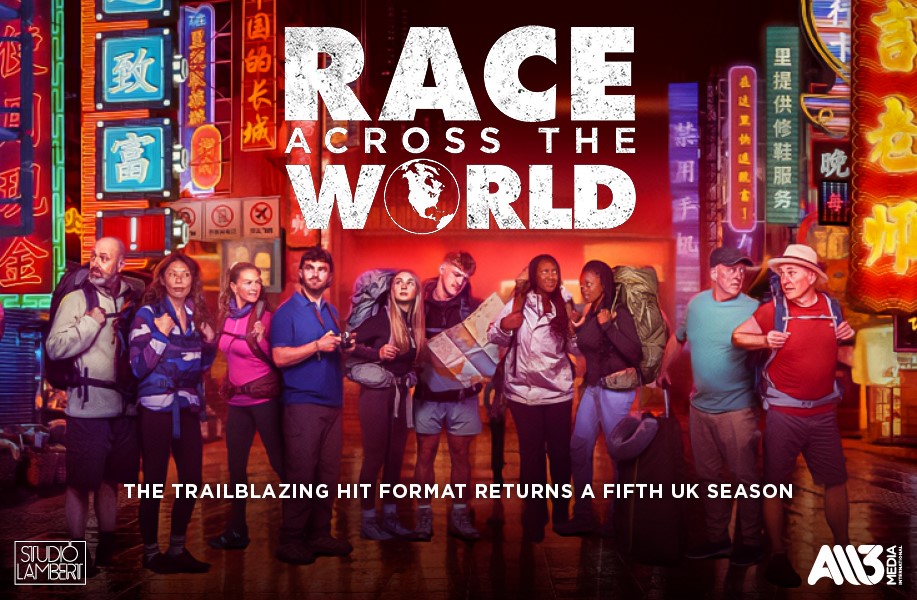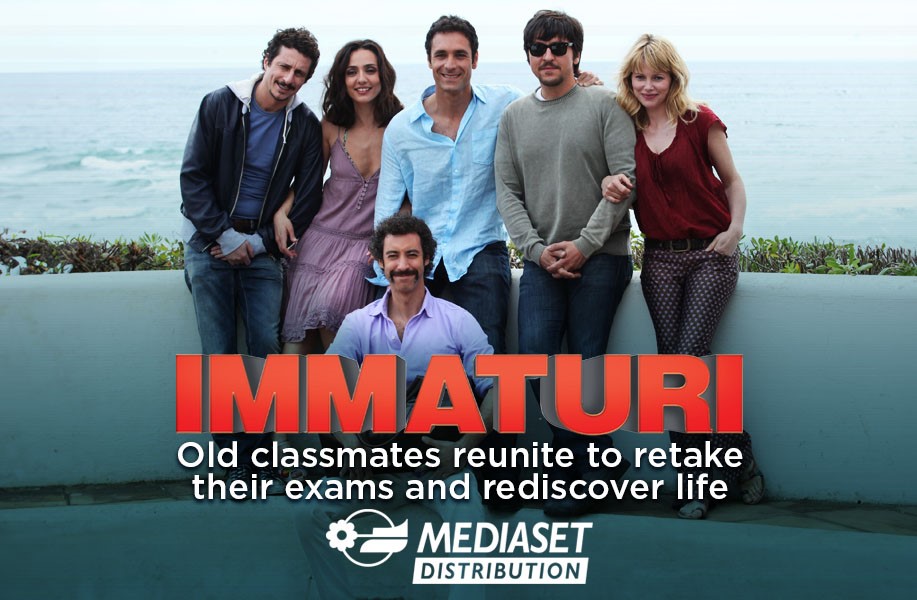Izzet, let’s start from the current business model. How important are scripted format sales compared to ready-made titles?
Izzet Pinto: Honestly, when it comes to scripted drama, 98% of our sales—and I’d say this applies across the entire industry—are ready-made. Turkish dramas are long, with many episodes, sometimes 100, 200, even 300. That doesn’t fit the traditional scripted format model, especially when international buyers prefer short seasons. So the ready-made is king.
Still, you’ve had some major format adaptations over the years. Which one was the biggest success?
Definitely “Forbidden Love.” It was our first real breakout scripted format, adapted by Telemundo in the U.S. and later by several other countries. Then came “1001 Nights”—both became iconic and are still remembered as milestones for Turkish drama adaptations.
What types of stories travel best from Turkey, in your opinion?
In our catalog, there are two strong lanes. One is women-driven emotional stories—very dramatic, with strong female leads. The other is action-driven drama, more male-oriented. A good example of the latter is Game of Silence, which was actually adapted for NBC in the U.S.—the only Turkish drama ever produced in English for an American network. That was a very proud moment for us.
Does selling an English-language version in the U.S. impact your ability to sell the Turkish original?
Not at all. There's no holdback on the Turkish version. In fact, I believe it works in our favor. The U.S. version creates buzz and visibility, and that helps us boost global sales of the original.
Not at all. There's no holdback on the Turkish version. In fact, I believe it works in our favor. The U.S. version creates buzz and visibility, and that helps us boost global sales of the original.
Which regions are most active right now in buying Turkish scripted content, both ready-made and format rights?
Without a doubt, the Middle East. They’re buying more than ever. And what’s interesting is that now they don’t just buy—they co-produce. There’s a real demand for Arabic-language remakes in Turkish style. They’re collaborating directly with Turkish companies to bring that quality and sensibility to their own markets.
Why now? What changed in the Middle East?
There was a period of slowdown, yes. But now, countries like Saudi Arabia are investing heavily in their entertainment industries. They have budgets, talent, and now state support. They’re funding local production teams and creating a proper infrastructure. The ambition is clear: they want to become a serious hub for scripted storytelling, and Turkish know-how is in high demand.
So in many ways, Turkey is now exporting not just content, but culture and production expertise.
Exactly. Turkish drama is no longer just content—it’s a global language. We’re not just selling shows, we’re shaping narratives that resonate everywhere.
Without a doubt, the Middle East. They’re buying more than ever. And what’s interesting is that now they don’t just buy—they co-produce. There’s a real demand for Arabic-language remakes in Turkish style. They’re collaborating directly with Turkish companies to bring that quality and sensibility to their own markets.
Why now? What changed in the Middle East?
There was a period of slowdown, yes. But now, countries like Saudi Arabia are investing heavily in their entertainment industries. They have budgets, talent, and now state support. They’re funding local production teams and creating a proper infrastructure. The ambition is clear: they want to become a serious hub for scripted storytelling, and Turkish know-how is in high demand.
So in many ways, Turkey is now exporting not just content, but culture and production expertise.
Exactly. Turkish drama is no longer just content—it’s a global language. We’re not just selling shows, we’re shaping narratives that resonate everywhere.














